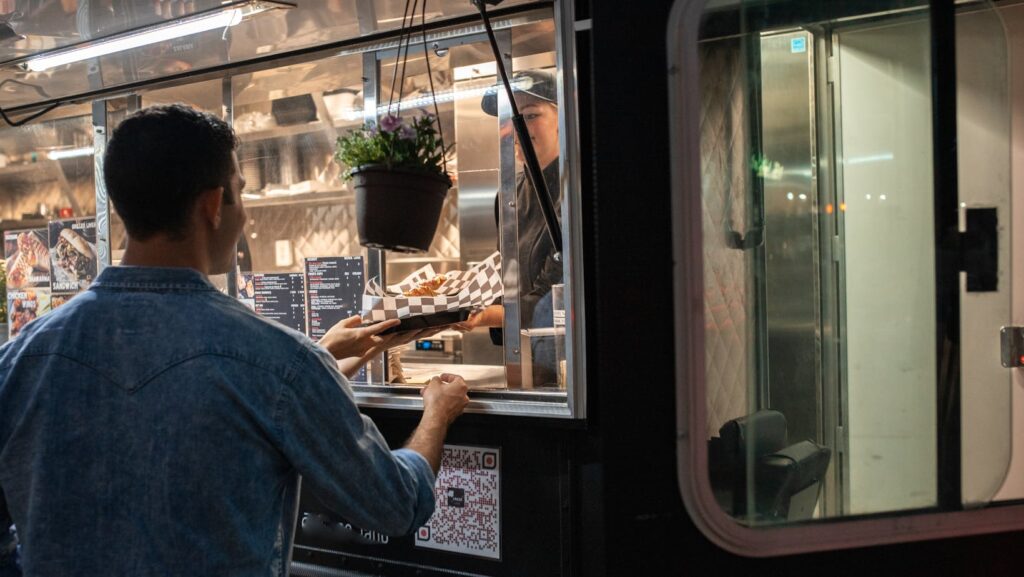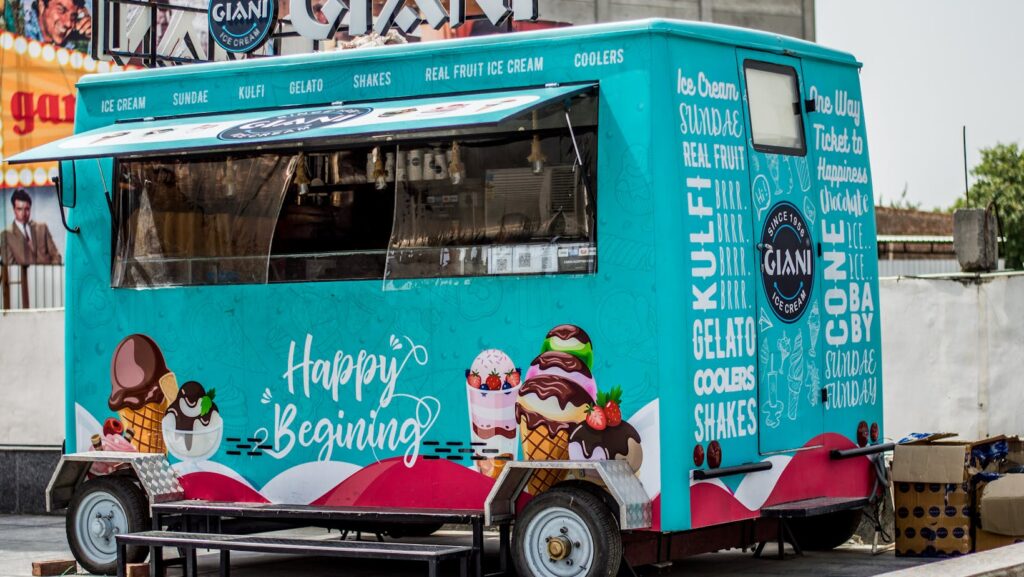Imagine a world where your favorite foods come to you. Well, you’re living in it! Welcome to the vibrant, ever-evolving universe of food trucks. This isn’t a recent trend, though. Food trucks have a fascinating history that dates back centuries, and they’ve become an integral part of our urban landscapes.
History Of Food Trucks
Food trucks, those mobile gastronomic delights, have come a long way. Let’s delve into their journey.
Early Beginnings
Tracing back to the late 1800s, you find the ancestors of modern food trucks – the chuck wagons. Cowboys in the American West depended on these mobile feeding units during cattle drives, consuming simple meals churned out by these wagons. Fast forward to the 1950s, and food trucks underwent a small upgrade. Now, they served construction workers, delivering quick, affordable meals, right to their workplaces. Not quite the gourmet food vehicles you see today, but they laid the groundwork for what was ot come.
Growth and Popularity
Into the 1990s, these food vessels took another leap as cities saw an influx of immigrants. These novices breathed life into the food truck industry, serving up authentic ethnic cuisine right off of the curb. And then the 2000s rolled around, and food trucks hit the mainstream. Now they’re not just confined to construction sites or city streets, they’ve become festival regulars and caterers for sophisticated events. Today’s food trucks offer an array of tantalizing options, from grilled cheese and sushi to vegan tacos and Italian gelato. The transformation of food trucks from subsistence platforms to gourmet enterprises marks a significant milestone in its evolutionary journey. It’s a testament to their resilience and adaptability, these feeding machines on wheels continue to redefine what’s possible in the world of mobile dining.

Key Drivers of the Food Truck Revolution
Following the rich history of food trucks, let’s dive deeper into the catalysts behind their immense growth. Their rise has not been accidental, various factors, both economic and socio-cultural, had a significant role in shaping the current food truck revolution.
Economic Factors
Speaking of economic aspects, three key elements stand out. First, the startup costs for food trucks. On average, starting a food truck business requires only $50,000 to $60,000 as initial investment compared to traditional dine-in restaurants, demanding higher investment well over $200,000.
Second, a shift in consumer spending habits. Given the economic uncertainty followed by the 2008 recession, patrons were less inclined to splurge on dining out, making food trucks, offering quality food at reasonable costs, a preferred alternative.
Lastly, the profit margin of food trucks is compelling. Unlike stationary restaurants, food trucks’ mobility allows them to reach consumers directly, reducing their overhead costs. For instance, an average food truck can expect an ROI of 6% to 9% within the first year of operation, exhibiting an attractive return compared to the restaurant counterparts.
Social and Cultural Trends
Looking beyond the economic perspective, social and cultural trends played a crucial part in this gastronomic movement.
Firstly, cultural diversity reflected in food has been an endearing feature of food trucks. The versatility of food trucks caters to various cuisines from different cultures, broadening patrons’ palates. Popular food trucks for Thai food, Burritos, African food pull in crowds, highlighting the appeal of international flavors.
Secondly, the ‘eat-local’ movement or supporting local businesses contributed. Food trucks, often run by neighborhood entrepreneurs, perfectly aligned with the ethos of encouraging the local economy.
Lastly, the role of the internet and social media cannot be understated. Platforms like Instagram transformed food truck business promoting their specials, announcing locations, and sharing enticing images of their offerings. This tech-savvy marketing appealed to younger demographics, providing an additional push to the food truck revolution.
These driving factors, both economic and societal, have propelled the food truck industry forward, marking it as an essential part of modern dining culture.

A Unique Niche
It’s clear that food trucks have carved a unique niche in our culinary culture, showcasing the indomitable spirit of innovation and enterprise. This journey through the history of food trucks serves as a testament to their enduring appeal and their promising future.
